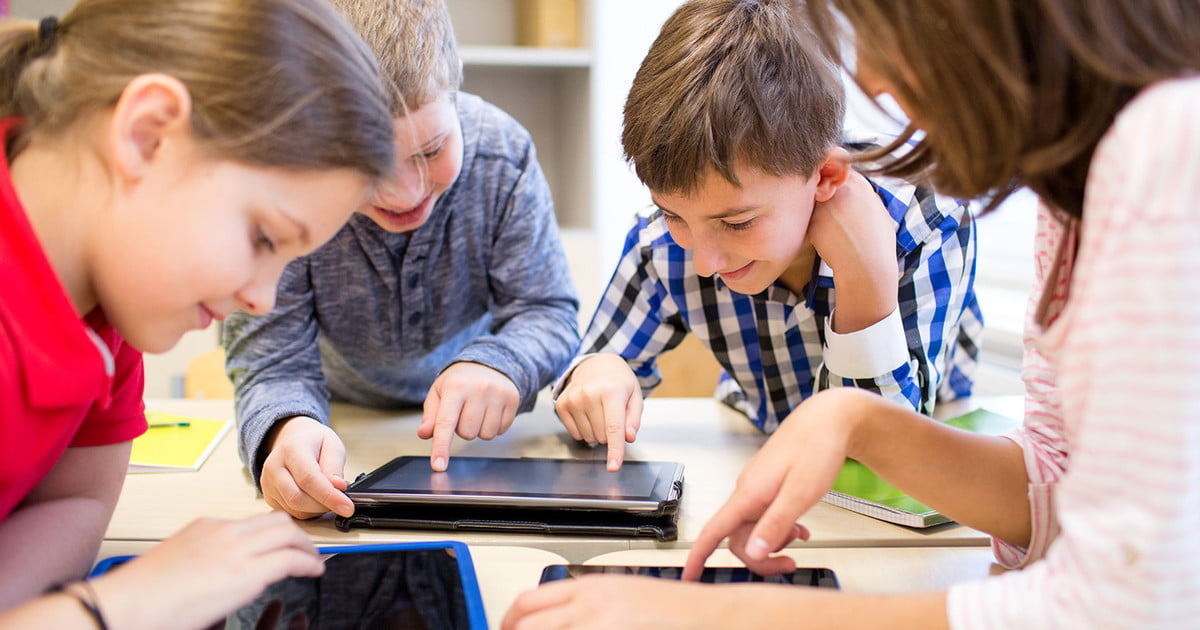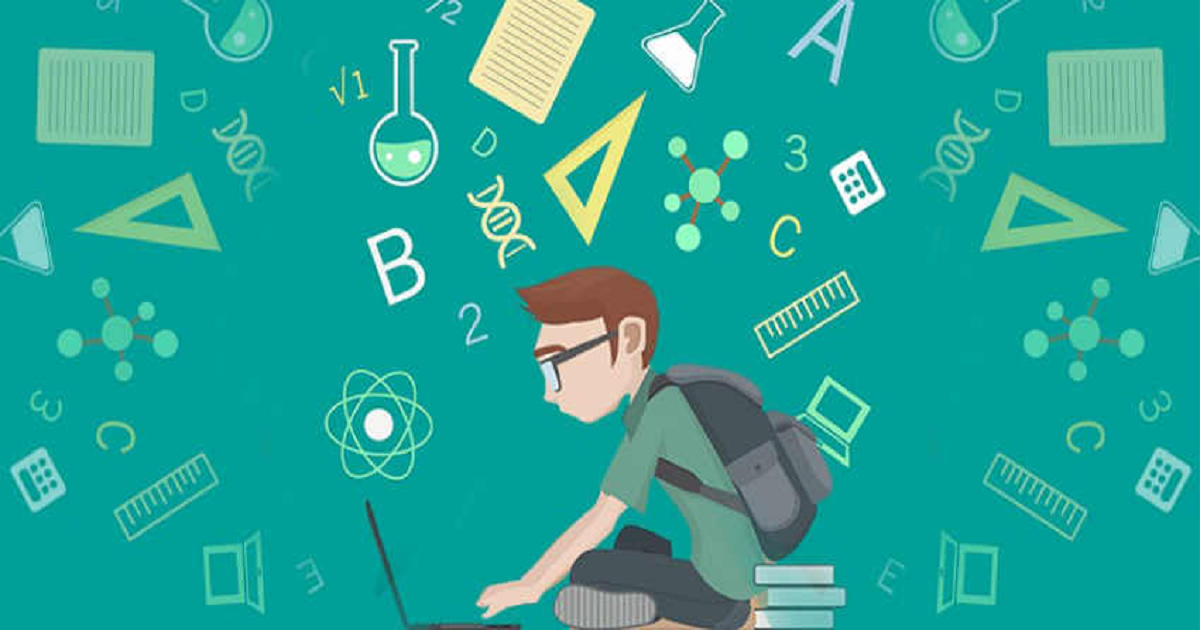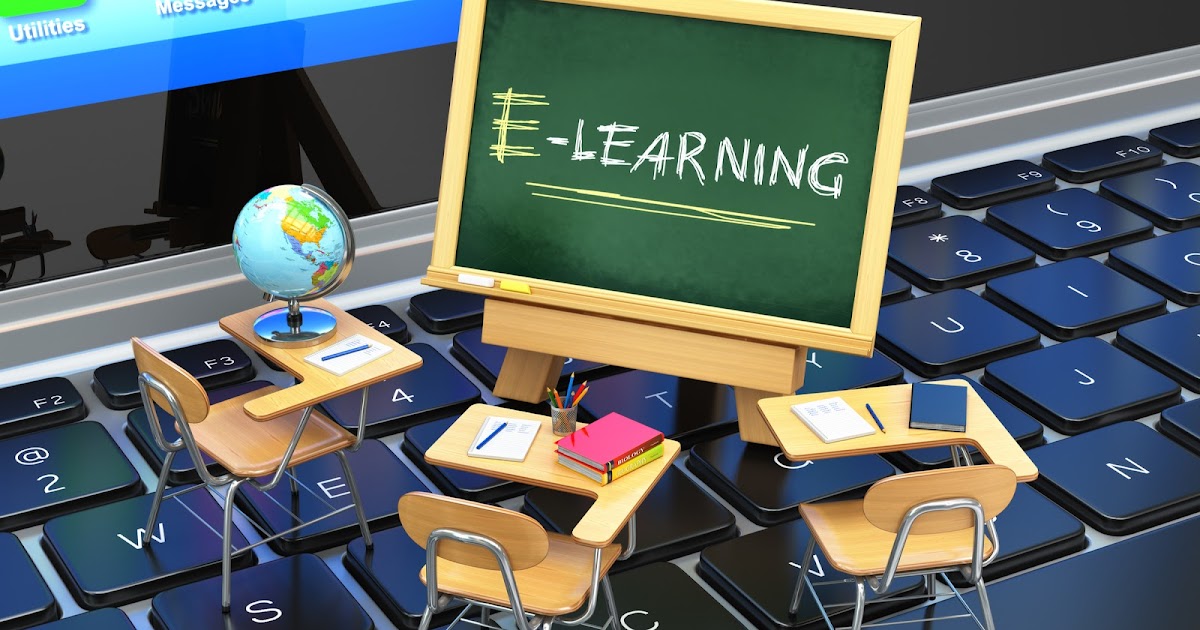Empowering Educators: How Tech Enhances Teaching
In the dynamic landscape of education, technological advancements have sparked a revolution, fundamentally altering traditional teaching methods. As we delve into the digital age, the empowerment of educators through technology becomes not just a choice but a necessity. Let’s explore the multifaceted ways in which tech is reshaping the educational terrain and why it holds profound significance for educators.
Setting the Stage: The Evolving Landscape of Education
The educational landscape is undergoing a metamorphosis, shaped by the relentless march of technology. Traditional chalk-and-talk methods are giving way to interactive and dynamic approaches. Embracing this change is not just an option but a requirement to stay relevant in preparing students for the challenges of tomorrow.
The Role of Technology in Transforming Teaching Methods
Technology isn’t just a tool; it’s a transformative force in the realm of education. From interactive whiteboards that breathe life into lessons to sophisticated EdTech platforms fostering inclusive learning, the role of technology in shaping teaching methods is both pivotal and revolutionary.
Why Empowering Educators Matters in the Digital Age
In an era dominated by digital advancements, the need to empower educators takes center stage. The digital age demands not only tech-savvy teachers but those who can harness technology to elevate the learning experience. The impact of empowered educators resonates far beyond the classroom, influencing the future trajectory of individuals and society.
The Digital Classroom Revolution

Embracing the Virtual Classroom: A Paradigm Shift
Step into the virtual realm, where classrooms transcend physical boundaries. The virtual classroom is not just a space; it’s a paradigm shift, offering a new dimension to education. It challenges traditional notions, encouraging educators to embrace innovative and immersive approaches.
Interactive Whiteboards and Beyond: Redefining Classroom Dynamics
Interactive whiteboards are not mere display tools; they are gateways to a dynamic learning experience. Beyond these boards lie endless possibilities to redefine classroom dynamics. Incorporating collaborative features, they transform passive learners into active participants, fostering an environment where curiosity thrives.
The Rise of EdTech Platforms: Tools for Inclusive Learning
EdTech platforms are the linchpin of inclusive learning. They transcend geographical constraints, providing a level playing field for students of diverse backgrounds. These platforms not only deliver content but also cater to individual learning styles, making education accessible to all.
Personalized Learning Journeys

Tailoring Education: How Technology Enables Personalized Learning
Gone are the days of one-size-fits-all education. Technology tailors education to individual needs, recognizing and accommodating diverse learning styles. This personalization goes beyond adaptive learning, acknowledging that each student’s journey is unique.
Adaptive Learning Systems: Meeting Students Where They Are
Enter adaptive learning systems, intuitive guides in the educational journey. They analyze individual progress, adapting content and pacing to meet students where they are. The result is a tailored experience that nurtures understanding and mastery.
Data-Driven Insights: Crafting Customized Educational Experiences
In the age of big data, insights gleaned from student interactions become invaluable. Data-driven decision-making transforms education into a customized experience, allowing educators to craft learning journeys that resonate with each student.
Collaborative Teaching Tools

Breaking Down Classroom Walls: The Power of Virtual Collaboration
Collaboration becomes borderless in the digital realm. Virtual collaboration tools break down the walls of the traditional classroom, fostering connections among students and educators globally. The exchange of ideas becomes seamless, transcending physical limitations.
Platforms for Educator Collaboration: Enhancing Lesson Planning
Educators no longer work in isolation. Dedicated platforms facilitate collaborative lesson planning, where teachers share insights, strategies, and resources. This collaborative synergy enhances the quality of education, benefiting both educators and students.
Engaging Students through Online Group Projects
Online group projects transform education into a communal experience. Students collaborate on projects, not limited by physical proximity. This fosters teamwork, communication skills, and a sense of shared accomplishment, preparing students for collaborative endeavors in their future careers.
Gamification in Education
Playful Learning: Incorporating Gamification in the Classroom
Gamification breathes life into learning, turning the educational journey into a game. Elements like points, rewards, and friendly competition make the classroom a hub of playful exploration, motivating students to actively participate in their own learning.
Educational Games and Simulations: Fostering Skill Development
Move beyond traditional teaching methods to immersive experiences. Educational games and simulations are not just diversions but powerful tools for skill development. They provide a safe space for students to apply theoretical knowledge, honing practical skills in a controlled environment.
Gamifying Assessments: Making Learning Fun and Effective
Assessments need not be dull ordeals. By infusing elements of gamification, assessments become opportunities for students to showcase their acquired skills in a stimulating environment. This shift makes learning assessments both enjoyable and effective.
Augmented and Virtual Reality in Education
Immersive Experiences: Enhancing Learning with AR and VR
Step into a world where learning transcends the physical. Augmented Reality (AR) and Virtual Reality (VR) create immersive experiences, transporting students to historical events, distant lands, or even microscopic realms. Learning becomes a journey, not just a destination.
Virtual Field Trips: Taking Students Beyond the Classroom
The traditional field trip takes on a new dimension with virtual alternatives. Virtual field trips eliminate logistical challenges, enabling students to explore the world from the comfort of their classroom. This not only broadens their horizons but also makes education more accessible.
AR Applications: Bringing Textbooks to Life
Textbooks come alive with the magic of Augmented Reality. Static images leap off the pages, transforming into 3D models and interactive simulations. This not only captures students’ attention but also deepens their understanding of complex concepts.
The Role of Artificial Intelligence in Teaching

AI-Assisted Tutoring: Providing Personalized Support
Artificial Intelligence (AI) steps into the role of a personalized tutor. AI-assisted tutoring analyzes individual learning patterns, providing targeted support and remediation. This one-on-one interaction ensures that no student is left behind in the learning process.
Intelligent Grading Systems: Streamlining Assessment Processes
Bid farewell to manual grading with the advent of intelligent grading systems. These systems leverage AI algorithms to evaluate assessments swiftly and accurately. Educators can then focus on interpreting the results, providing timely feedback, and tailoring future lessons accordingly.
AI-Powered Insights: Enhancing Educator Decision-Making
Artificial Intelligence becomes an invaluable ally in the decision-making process for educators. By analyzing vast sets of data, AI provides insights into student performance trends, enabling educators to make informed decisions about curriculum adjustments and teaching strategies.
Tech-Infused Professional Development
Continuous Learning for Educators: The Tech-Driven Approach
Professional development takes on a continuous and tech-driven nature. Educators engage in ongoing learning experiences, leveraging technology to stay updated on the latest pedagogical trends, teaching methodologies, and technological advancements.
Virtual Workshops and Webinars: Expanding Professional Networks
Gone are the days of confined professional development. Virtual workshops and webinars facilitate knowledge exchange on a global scale. Educators can expand their professional networks, collaborating with peers from different corners of the world to enrich their teaching practices.
E-learning Modules: A Convenient Path to Skill Enhancement
E-learning modules offer a flexible and convenient avenue for skill enhancement. Educators can access modules tailored to their needs, acquiring new skills or delving deeper into specific subjects at their own pace. This tech-infused approach makes professional development personalized and efficient.
Overcoming Tech Challenges in Education

Digital Equity: Ensuring Access for All
In the pursuit of a tech-enhanced education, the importance of digital equity cannot be overstated. Ensuring access for all students, regardless of socio-economic background, becomes a priority. Bridging the digital divide becomes a collective responsibility to create an inclusive learning environment.
Cybersecurity in Education: Safeguarding Student and Teacher Data
As technology becomes integral to education, safeguarding student and teacher data is paramount. Cybersecurity measures must be in place to protect sensitive information, ensuring a secure digital environment for all stakeholders. Trust in technology relies on the assurance of data privacy.
Balancing Screen Time: Navigating the Challenges of Tech Integration
While technology enriches education, maintaining a balance is essential. Navigating the challenges of excessive screen time requires a thoughtful approach. Educators play a crucial role in guiding students on responsible tech usage, promoting a healthy balance between digital and non-digital learning experiences.
Conclusion
In the ever-evolving landscape of education, the empowerment of educators through technology is not just a trend but a transformative journey. Embracing the future of teaching with technology is not merely an option; it’s a commitment to providing students with the tools and skills they need to thrive in a digitally-driven world. As we navigate the uncharted territories of education technology, let us remain steadfast in our dedication to empowering educators and, by extension, empowering the future.
FAQs: Empowering Educators – How Tech Enhances Teaching
What is the focus of the blog post “Empowering Educators: How Tech Enhances Teaching”?
The blog post explores the transformative impact of technology on education, specifically how it empowers educators in various aspects of teaching. It delves into different chapters, each addressing a unique facet of the tech-driven evolution in the educational landscape.
Why is the digital classroom considered a revolution?
The digital classroom represents a paradigm shift by breaking traditional constraints. It embraces virtual learning, interactive whiteboards, and EdTech platforms, collectively redefining the dynamics of education. This revolution transcends physical boundaries, providing innovative and immersive educational experiences.
How does technology enable personalized learning journeys for students?
Technology tailors education to individual needs through adaptive learning systems and data-driven insights. This personalization goes beyond a one-size-fits-all approach, recognizing and accommodating diverse learning styles, crafting unique and effective educational experiences.
What are some collaborative teaching tools discussed in the post?
The post highlights the power of virtual collaboration, platforms for educator collaboration, and engaging students through online group projects. These tools break down traditional classroom walls, fostering global connections and enhancing the quality of education through collaborative efforts.
How does gamification contribute to education?
Gamification incorporates playful elements into learning, transforming the educational journey into an engaging game. Educational games and simulations foster skill development, making assessments both enjoyable and effective, creating a stimulating and motivating environment for students.
What role does Augmented and Virtual Reality (AR and VR) play in education?
AR and VR enhance learning experiences by providing immersive journeys beyond the physical classroom. Virtual field trips eliminate geographical constraints, while AR applications bring textbooks to life, creating interactive and three-dimensional learning environments.
How does Artificial Intelligence (AI) impact teaching?
AI plays a significant role in personalized tutoring, intelligent grading systems, and providing insights for educators. AI analyzes individual learning patterns, streamlines assessment processes, and enhances decision-making, contributing to a more efficient and tailored educational experience.
What is the significance of tech-infused professional development for educators?
Tech-infused professional development ensures continuous learning through virtual workshops, webinars, and e-learning modules. Educators can expand their professional networks globally, acquire new skills conveniently, and stay updated on the latest pedagogical trends and technological advancements.
How does the post address challenges related to technology in education?
The post acknowledges challenges such as digital equity, cybersecurity, and balancing screen time. It emphasizes the importance of ensuring access for all, safeguarding sensitive data, and maintaining a healthy balance between digital and non-digital learning experiences.
What is the key takeaway from the conclusion of the blog post?
The conclusion emphasizes that empowering educators through technology is not just a trend but a commitment. It calls for a dedication to providing students with the tools and skills needed to thrive in a digitally-driven world, ensuring a transformative and future-oriented educational journey.
Stay Tuned On Our Content
For the latest EdTech updates and to stay well-informed on the ever-evolving landscape of educational technology, explore our comprehensive guide on EdTech Updates: Stay Informed on Educational Technology. Discover how technology is shaping the future of education, empowering both educators and students in innovative ways. Stay ahead in the dynamic world of EdTech by delving into the insights and trends provided in this informative resource.
In the realm of revolutionizing education, empowering teachers through EdTech and e-pedagogy is a transformative journey. Gain valuable insights into this exciting landscape by exploring the article on Revolutionizing Education: Empowering Teachers With EdTech and E-Pedagogy. This thought-provoking piece delves into the ways educators leverage technology for enhanced teaching experiences, providing a fresh perspective on the integration of EdTech in the educational ecosystem.






Os comentários estão encerrado.